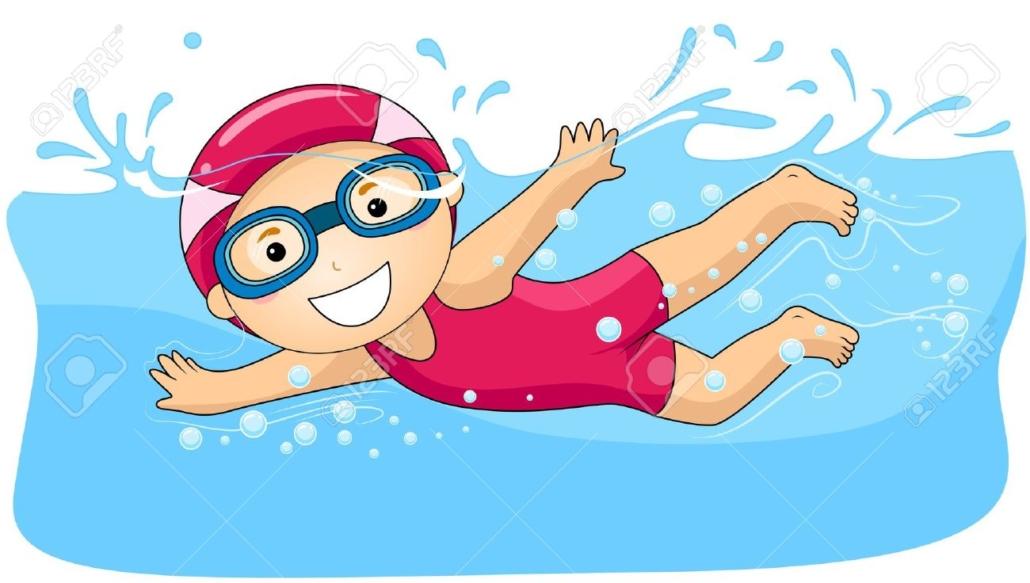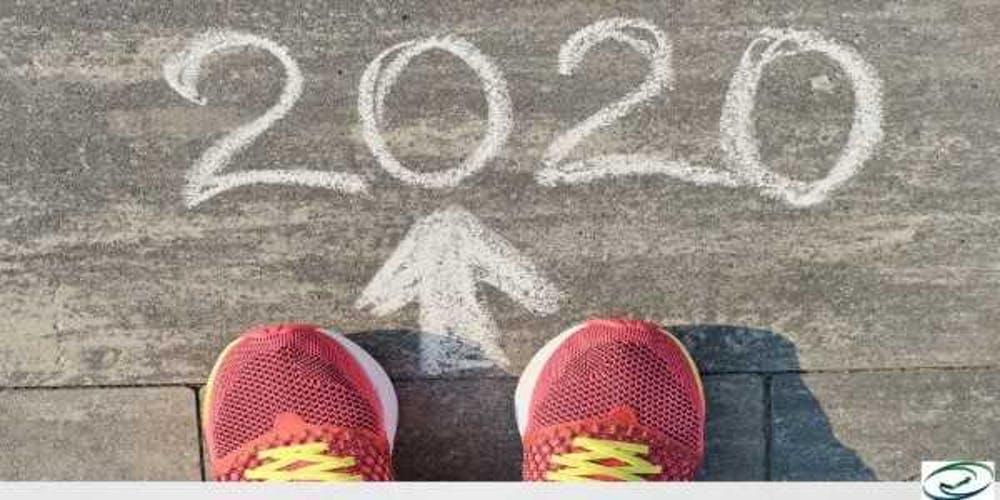Principal News

On Friday, 25th October, CSPS celebrated World Teacher's Day. The PFA hosted a luncheon including gifts of individualised teacher folders with special messages and letters from students and families.
We would like to pay our greatest respects to our fabulous teachers. Great teachers do it all. Across all ages, languages, ethnicities, and subjects, teachers are some of the most widely skilled people in the lives of children. A day in the life of a teacher can vary greatly depending on the subject and grade level in which they teach. From Primary to Secondary school, one theme runs consistently throughout every great teacher’s career: their job does not end with the school day. Although standing in front of the classroom is a huge part of a teacher’s responsibilities, they extend far beyond that into the lives of their students, families and community. Teachers are in a unique position to have a direct impact on their students. Teachers can see their work in action, see the changes they affect, and in so doing they witness firsthand their goals coming to fruition. No matter what the goals are, it can pretty much be summed into a single sentence: Teachers at CSPS really care and help children. Thank you.
Monique Corcoran and Sally Herbert
PRINCIPAL class
Trivia Night - thank you
On Saturday 26th October, the PFA held a very successful Trivia - evening. The funds raised contributes to the continued financial need for playground equipment. Thank you to the team, led by PFA President Sara Brown, who were amazing in their organisation and implementation on the night. It was an extremely fun evening.
Imagine what we would achieve if MORE families joined in!?
Swimming in Schools program
Swimming in Schools supports the delivery of quality swimming and water safety education. The initiative provides funding to ensure all students have the opportunity to:
- learn how to swim
- develop lifelong skills in water safety to reduce their risk of drowning and injury.
By the end of primary school, it is anticipated that students students should be able to demonstrate the knowledge and skills identified in the Victorian Water Safety Certificate. The Certificate is awarded when a student can swim 50m continuously, answer water safety based questions and perform simple rescues. For more information.
At CSPS, we pride ourselves in providing swimming programs that cater for both skill development and water safety which will be extended upon in 2020.
Whole School transition program
Important dates to remember are:
- Week 5 - 071019: Step Up - 2020 Foundation Students
- Week 6 - 121019: Step -Through - Foundation to Year 6
- Week 7 - 201019: Step Up - 2020 Foundation Students
- Week 8 - 261019: Step-Through - Foundation to Year 6
- Week 10 - 101219: Step-Through - Foundation to Year 5 and Year 6 State Wide Transition program (visits to 2020 Secondary Colleges).
2020 Foundation students will also be attending an EYE (Early Years Evaluation) visit where they are interviewed one on one with a staff member throughout November.
Any questions about transition please contact Mrs Karen Halket.
We are heavily into planning for 2020. If your circumstances have changed, or you are wishing to enrol, please contact the office ASAP.
If you intend on transferring your child to another school please complete the Student Transfer/Exit From to confirm your intentions.
Please return this to the office no later than Friday, 1 November 2019.
If you have any questions regarding this process please do not hesitate to contact the office.
If a parent has an EDUCATIONAL query or request for 2020 student placements, forward to cranbourne.south.ps@edumail.vic.gov.au.
Child Safe Standards
Element 1: Standards of behaviour for students attending the school
Why is the development of standards of behaviour important?
The right for students to learn and feel safe is underpinned by clearly articulated and well-promoted standards of behaviour (or code of conduct).
Standards of behaviour should extend across the school community (students, staff and parents/carers), setting a positive tone for safe and supportive relationships, articulating clear boundaries and supported pathways for students:
impacted by the behaviour of others (ensuring students know when and how to seek help)
who do not uphold the behaviour standards (ensuring that there is support for students to address and mitigate these behaviours and address any underlying factors).
Standards of behaviour should also extend to online environments. Setting clear online standards of behaviour helps to prevent cyber-bullying and helps to keep students safe from predatory behaviours.






